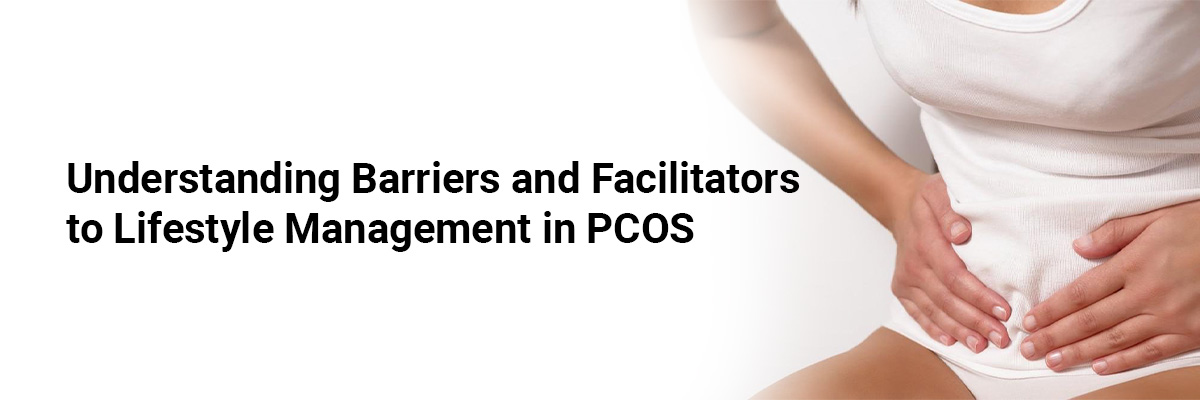
Understanding barriers and facilitators to lifestyle management in PCOS
Polycystic ovary syndrome (PCOS) – an endocrine disorder affecting 10-13% of women of reproductive age, can lead to reproductive, metabolic, and psychological complications. Lifestyle interventions, including dietary and physical activity modifications, improve these comorbidities.
A new study aimed to explore the barriers and facilitators to lifestyle changes for individuals with PCOS and healthcare professionals (HCPs).
This mixed method systematic review utilized the theoretical domains framework and the capability, opportunity, motivation, and behavior model. Six databases were searched for qualitative, quantitative, and mixed-methods studies up to September 22, 2022. Quantitative findings were narratively synthesized, and thematic analyses were conducted across 68 eligible studies.
The results highlighted that inadequate HCP education on PCOS-specific lifestyle management negatively impacted the quality of care and health outcomes. Multidisciplinary approaches, including input from dietitians, were identified as critical for promoting change. The need for individualized and PCOS-specific lifestyle advice was consistently emphasized. Weight stigma emerged as a significant issue—impacting individuals with both higher and lower body weights—by diminishing care quality and affecting mental health and self-perception. People with PCOS disclosed that lifestyle management efforts often disproportionately focused on weight loss and fertility, disregarding personal motivations and goals.
Systemic changes are needed to foster sustainable improvements in health outcomes. These include enhancing HCP education on PCOS-related lifestyle management, fostering multidisciplinary collaboration, tailoring advice to individual needs, and moving away from weight-centric care. Such strategies could better address the diverse challenges faced by individuals with PCOS.
Source: McGowan M, Garad R, Wadhwani G, et al. Obes Rev. Published online October 27, 2024. doi:10.1111/obr.13854













Please login to comment on this article